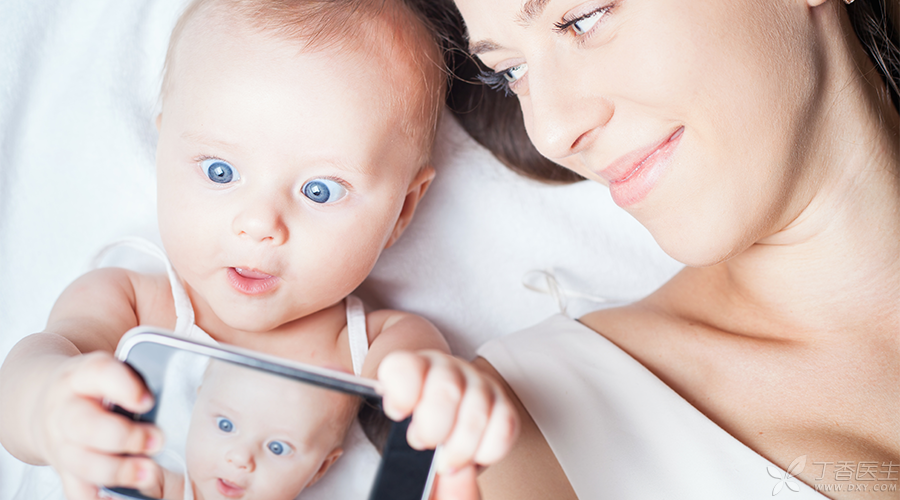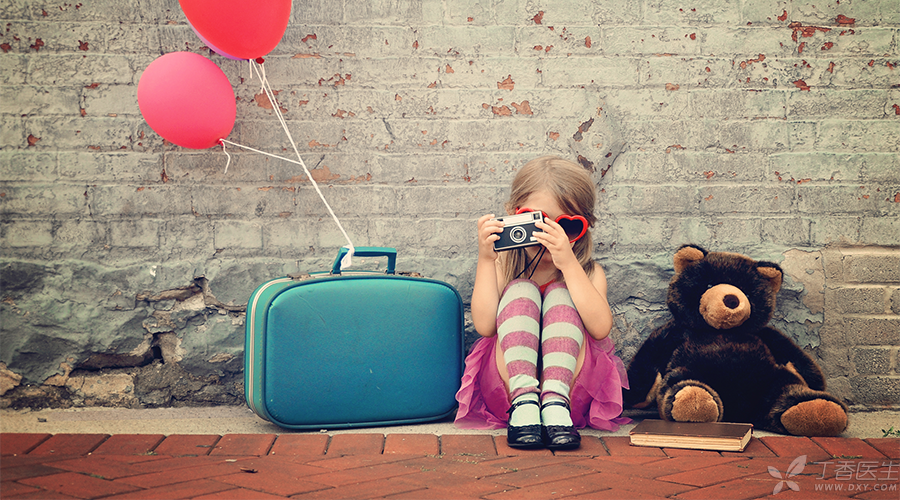
When the baby comes to a family, his parents want to take photos and record every moment of his happiness, anger, sadness and happiness, and there are all kinds of fancy sunshine babies in the circle of friends. Some even spend a sum of money to take photos in the studio.
At the same time, another group of parents with delicate thoughts hesitated with their cameras-alas, will they be blind if they are flashed into their eyes by flash lights? There was also a lot of news on the Internet earlier, saying that some newborn babies were blinded by flash lights, and the macula (an important area of the retina of the eye) even burned a hole.
So is it safe or not to take photos of the baby?
It is true that the eyes may be blinded.
It is true that the eyes may be [bright and blind], of which [snow blindness] and [solar eclipse retinopathy] are two relatively easy conditions.
[Snow Blindness] is a long-term exposure to reflected sunlight from snow or water surface. Cornea and retina are damaged by ultraviolet rays, resulting in eye pain, tears and transient blindness, which will generally recover later.
[Eclipse retinopathy] occurs when the naked eye (without sunglasses) watches the solar eclipse. The heat generated by visible light and infrared light after focusing through the lens burns the retina and causes macular injury.
However, neither of the above two situations can be caused by [flash lamp].

What is the [hole] in the macula?
There is a disease in ophthalmology called macular hole, which refers to tissue defect in macular region.
However, this kind of disease will not happen to babies. Usually, the patients are over 50 years old (average 65 years old, and the incidence rate is twice that of women as well as men).
In addition, most of the causes of the disease are not clear, and a few may be related to trauma, high myopia, inflammation, retinal degeneration and other diseases. No clear causal relationship between flash and this disease has been mentioned in various studies.
Therefore, the radiation of flash lamp alone cannot cause the retina to burn out a [macular hole].

At present, we can basically judge that the [news] on the Internet are rumors, but parents will still be concerned. Since they will not be [bright and blind] or burn [holes], will there be any other injuries?
Does flash light hurt eyes?
The damage of light to human retina mainly depends on the wavelength, intensity, time and mode of irradiation light.
First of all, the light emitted by the flash lamp does contain wave bands that can cause light damage.
Its luminous intensity is also relatively high. The luminous intensity of a small professional flash lamp with a flash index of GN22 is about equal to 100 tungsten filament lamps with 100 watts, and the luminous intensity of LED flash lamps of mobile phones is also equivalent to more than 100 indoor LED lamps.
Although the brightness of the flash lamp is dazzling, its duration is very short, usually in the range of 1/10000 to 1/1000 of a second.
As the gaze function of the baby’s eyes is not perfect and he has no great interest in taking photos, he likes to swing left and right and look around. It is basically impossible for the baby to keep staring at the camera and flash.
When taking a picture, even if the baby’s eyes are just facing the flash, it is unlikely to damage the eyes. Because the brief light stimulation caused by the flash will cause the pupil to produce [reflective light]-the baby’s pupil will shrink immediately, just like the aperture of the camera is smaller, reducing the amount of light entering the eyes, thus protecting the eyes from strong light damage.
Therefore, parents really don’t have to worry too much about occasionally turning on flashes to take photos of their babies.

Summary
At present, there is no clear standard for the specifications of flash lamps used by children in the world. Generally speaking, occasional flash photography will not cause harm to the eyes of babies.
However, compared with adults, the baby’s cornea and lens have high transparency and are more vulnerable to light damage than adults. When looking at the lens, the baby belongs to macular gaze. At this time, if it is flashed by the flash lamp, it will be very sensitive, so do not continuously and closely flash into the baby’s eyes.
Of course, if you are still worried about the flash, take a picture of your baby when the light is good, and you don’t need to turn on the flash, so you don’t need to struggle.
